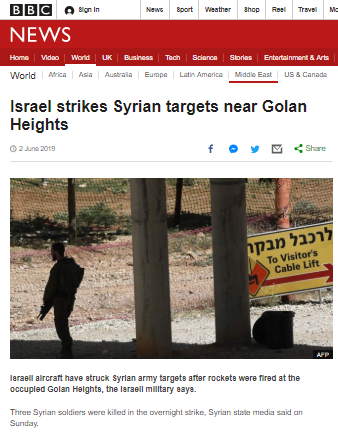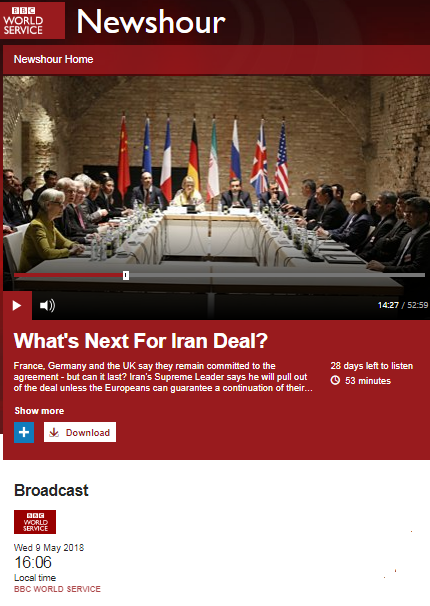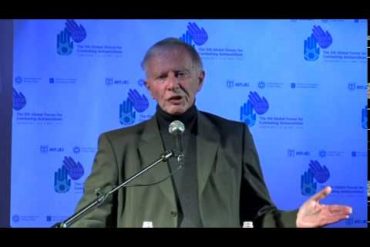On Oct. 8th, the BBC published video segment by Paul Adams titled “After 70 years, who are the Palestinian refugees?”, filmed at the Burg Al-Barajneh “refugee” camp in Beirut, which focused on Palestinian fears that, under the new US peace plan, they’ll never be allowed to return “home”.
Here’s the six-minute segment:
Though the official UNRWA figure counts over 5 million Palestinian refugees, the overwhelming majority of these “refugees” – as we’ve noted repeatedly – are merely Palestinians descendants (children, grandchildren, great-grandchildren, etc.) of the original 711,000 actual refugees from 1948 who, unlike every other refugee population, are automatically granted refugee status, even those who have citizenship in other countries.
As Einat Wilf, co-author of the book ‘The War of Return’ observed about the fiction that there are millions of Palestinian refugees.
almost all [Palestinian refugees] (upward of 80 per cent) are either citizens of a third country, such as Jordan, or they live in [Palestinian territories] where they were born and expect to have a future…
….The remaining 20 per cent of the descendants…are inhabitants of Syria and Lebanon who are by law denied the right to citizenship granted to all other Syrians and Lebanese.
The number of actual refugees from 1948 is believed to be closer to 20,000.
As you saw in the clip, a Palestinian professor in Lebanon was interviewed who explained that Palestinian “refugees” in Lebanon – many of whom have lived in the country for generations – are truly second class citizens and are denied basic employment and property rights. Yet, note how Adams failed to draw the most intuitive conclusion from this fact: that the refugee issue – and the fact that so many Arabs of Palestinian descent identify as “refugees” – is perpetuated by Arab states (and UNRWA) who refuse to encourage the full integration of Palestinians into their countries. Nor, did Adams ask why such “refugee camps”, run by UNRWA, in Lebanon, Jordan, and within the Palestinian Authority have never been converted to ordinary cities.
Adams’ other Palestinian interviewee – a young woman also several generations removed from the actual refugees of ’48 – insisted on her inalienable “right of return” to Israel. But, BBC viewers were not reminded that such descendants of refugees don’t in fact have such a legal right to “return”, and that Israel would of course never engage in an act of national self-immolation by allowing millions of Palestinians to become citizens of the state.
Adams, in his final thoughts on the problem, opines that for such Palestinians, living in camps in Lebanon and Jordan, their refugee status is the only thing they possess. However, hope based on a right (of return) they don’t have, and on a future vision of life (in Israel) that will never be brought to fruition, is not a possession. It’s a handicap, and a cynical formula for perpetuating Palestinian victimhood that continues to be amplified and legitimized by media outlets like the BBC.





